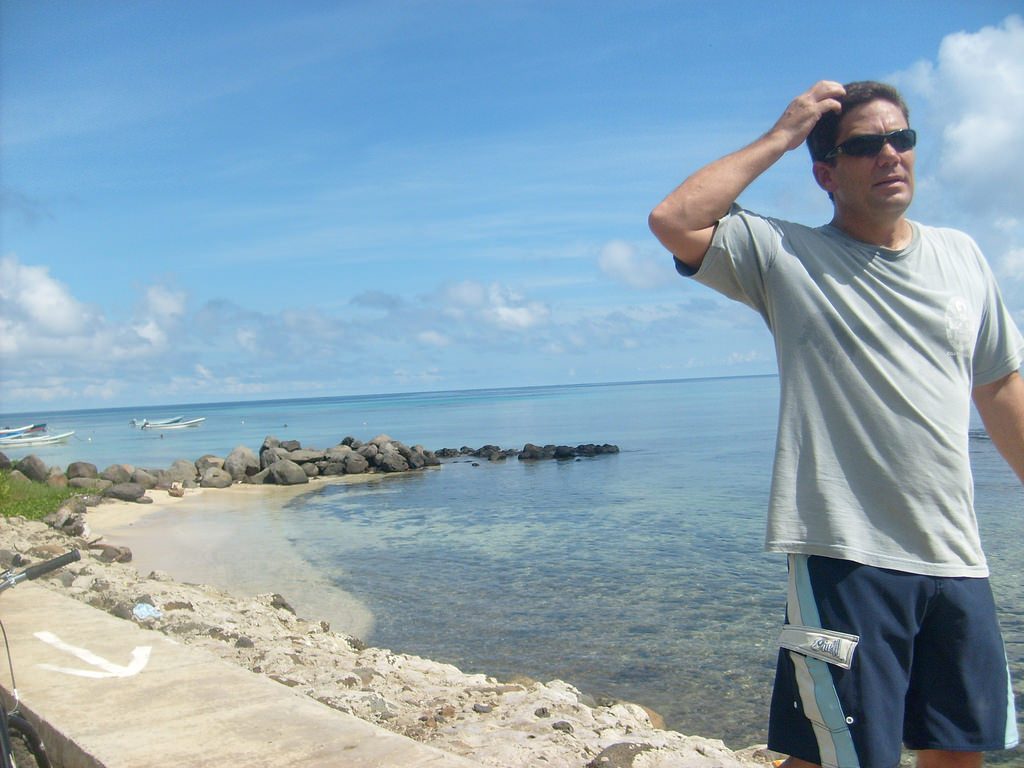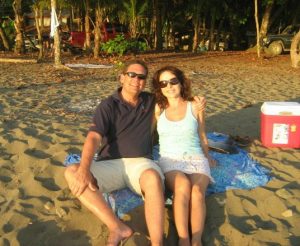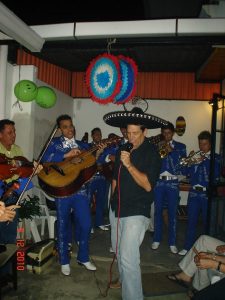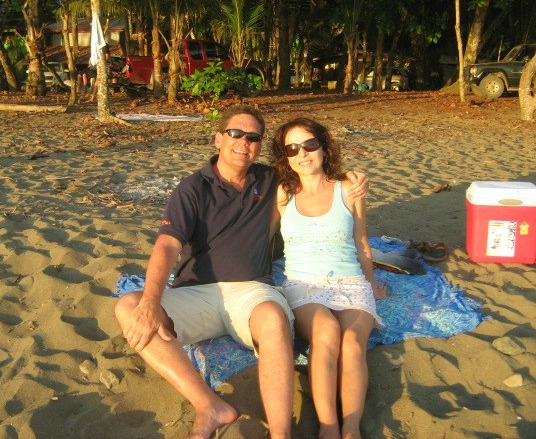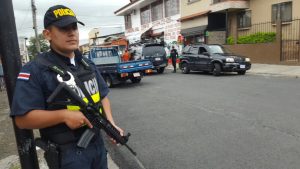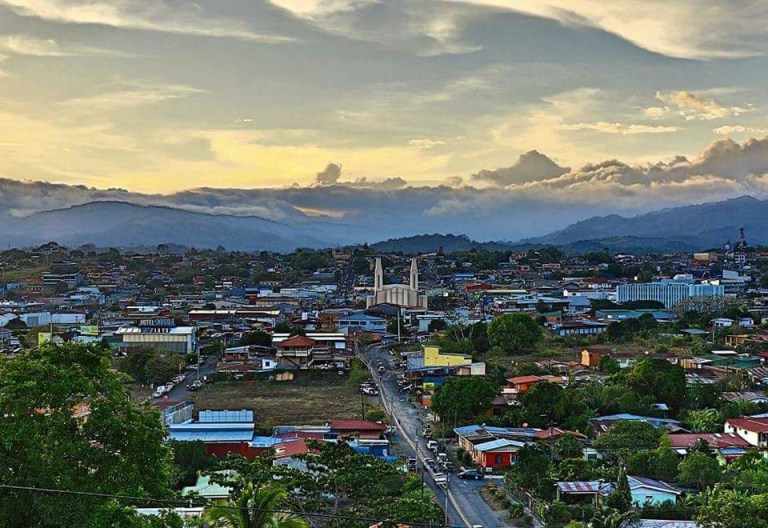
On my morning walk today, through my little “hood” of Quebradas, Perez Zeledon, acknowledging a gorgeous good mountain morning to other expat walkers living in the area, something dawned upon me…
Everybody around here, at least the expats, are sort of old fogies…myself included!
Hey, I’ll be hitting 60 in a couple years. Granted, 60 is the new 40, but I have to tell you, my get up and go seems to have got up and went on many mornings these days.
I got to thinking about the concentration of older folks here in Quebradas and you know what, it makes perfectly good sense. This place really is (or is becoming) a Costa Rica retirement mecca.
By this place I mean the whole of Perez Zeledon, of which Quebradas is only one small part of, albeit a very popular part!
Now, granted, Perez Zeledon is not quite as “on the radar screen” as other more touristic locations that have attracted the lion’s share of expats to Costa Rica. And of course there’s San Jose and the entire Central Valley, which surely has the highest concentrations of them.
Nevertheless, the point of this post is that there’s no reason that Perez shouldn’t be a (or perhaps the) Costa Rica retirement mecca in the near future. And by the looks of things here in Quebradas, it is in fact slowly becoming just that.
Now why is that?
Well, there are many reasons. I’ll express them below in terms of my usual 4 C’s of Costa Rica expat living (climate, convenience, culture and context)…
First, there’s the climate. While the Valle General, where the city of San Isidro de El General is located, can get pretty hot during the day (however, not as hot as the beach, mind you), all you have to do to beat the heat is drive up into the towering and verdant Talamancas for a few minutes. There you’ll arrive at one of the many mountain pueblos, like Quebradas, that have high enough elevations to experience near perfect weather via one of Costa Rica’s famous “micro-climates.”
You see in Costa Rica the weather is fairly consistent, at least temperature-wise, all year long. However, temperature can vary greatly by altitude, if not by season, and here in Perez we’ve got plenty of altitude. The entire valley is overlooked by Costa Rica’s highest mountain, Chirripo, that stands at some 12,536 feet.
Next there’s the convenience factor. San Isidro de El General is the second largest city outside of the Gran Area Metropolitana of the Central Valley. It is also perhaps Costa Rica’s fastest growing one these days. The medical care in San Isidro is varied and quite good. You have the canton’s regional public hospital located here, as well as numerous private clinics and specialists of all types. You’ll also find a surprising number of dental-care options.
We have shopping galore, new eateries opening up all the time, a mall with a cinema, and, wouldn’t you know it, a gargantuan Walmart currently under construction.
We also have an airport that’s slated to undergo a major expansion and become a domestic hub for Costa Rica flights, as well as possibly offering limited international service.
The culture of Perez is also one of the draws that makes it a potential Costa Rica retirement mecca. Unlike the beach destinations, where tourism is rampant, as well as all the good and bad stuff that goes along with that, the mountain culture of Perez is more authentically tico.
Perez is a solid middle class tico canton. Many of the ticos here are farmers, landowners, or business owners. They are really salt of the earth people. Their’s is the predominant culture and I don’t think the steady influx of old fogie gringos, like me, will be changing that any time soon.
On the contrary, the high tourist traffic beach destinations tend to overtake the local culture and become what I often call a “bubble culture” that’s just not what I choose to want to live within. Hey, I grew up in Myrtle Beach, South Carolina, if you know what I mean!
Granted, if you see the context of your Costa Rica expat existence as a beach bum, or surfer dude, then by all means opt for the playas, where you can grab your board and take off for the waves and then party the night away. For us old fogie’s, however, the tranquil mountain culture seems to be more our style.
And we can visit the beach any time we want. In Perez, it’s less than an hour away!
If you want to learn more about this new Costa Rica retirement mecca, I’m hosting a Costa Rica Southern Zone Expat Seminar in October.
In short, it will be a one-day seminar for fellow expats living in other areas, or folks who just happen to be visiting on the seminar date, who want to know more about the high quality of expat life offered in Perez Zeledon. We’ll have some influential guest speakers and a whole lot of fun. The seminar will be held at the Simple Market, which is one of the new hip eateries providing a cosmopolitan flair to San Isidro city life…
Don’t dicker though, space is limited!
Click on the image below to learn more, or just call me (Scott) at 8559-2686.







